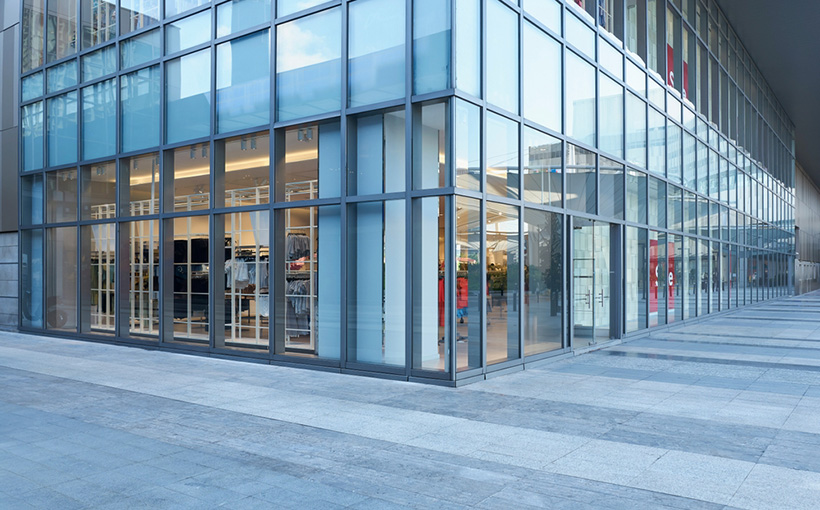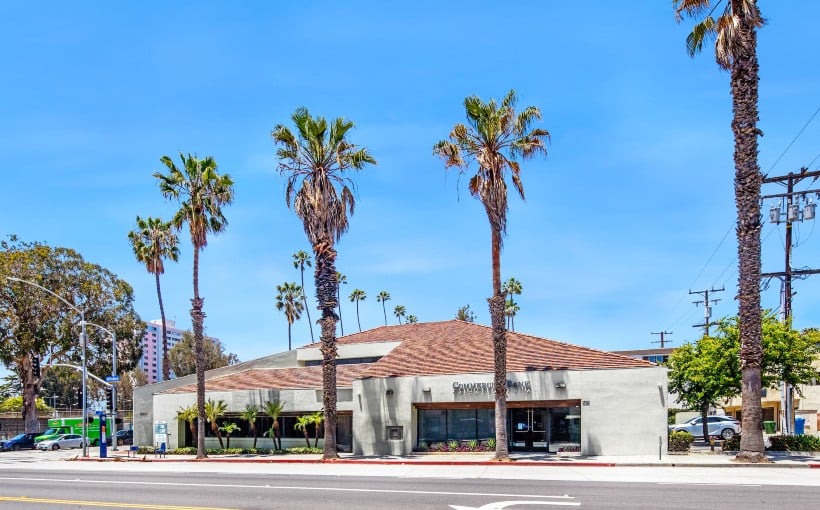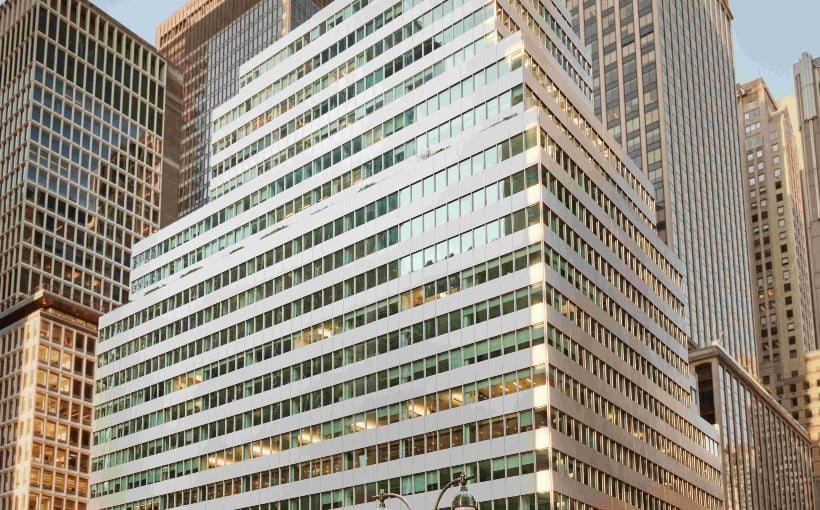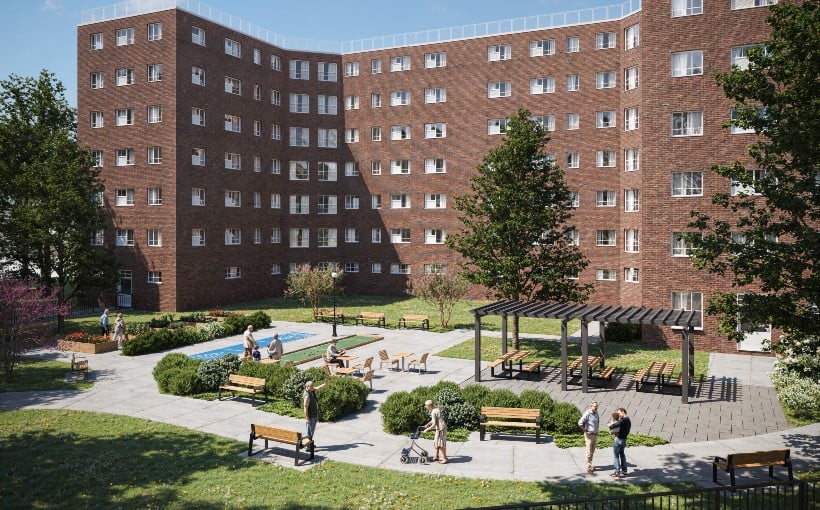The Struggle Continues for the Office Sector: How Retail Could Save It
The office sector is facing challenges with maturing debt and the ongoing debate between returning to the physical workplace or continuing remote work, which affects vacancy rates. There has been much discussion about converting office space into residential units as a potential solution. However, Colliers’ recent report titled “The Interdependency of Office and Retail: How Landlords and Retailers are Collaborating” suggests that retail could also play a significant role in saving the struggling office market.
Boosting Retail First
With more people working remotely, foot traffic in commercial areas has decreased significantly. As a result, many businesses that relied on supporting offices have closed down or moved out of these areas. This has led to an increase in empty storefronts and vacant retail spaces. The good news is that some landlords are willing to invest in local retailers by offering them short-term arrangements with minimal upfront costs. These arrangements not only help sustain these spaces but also attract foot traffic until workers return to their offices.
Repurposing Space for Success
While there have been challenges with converting office buildings into residential units, some projects have succeeded despite this difficulty. One issue faced by building owners is providing amenities suitable for residents living within converted buildings located in certain areas lacking necessary services such as food outlets or fitness centers nearby.The Colliers report suggests solving this problem by offering ground-floor space within converted buildings specifically designated for retailers like restaurants or food halls along with other community services like gyms or medical facilities.
Rethinking Zoning Regulations
City councils and planning boards can contribute towards revitalizing urban districts by rezoning them from solely commercial use to allow conversions into mixed-use developments including both residential units alongside retail establishments.This shift towards mixed-use zoning would require cooperation among private entities involved while navigating through red tape regulations imposed during repurposing efforts.Additionally,this collaboration helps encourage both local small businesses along national chains alike, ultimately contributing to long-term growth.
In conclusion, the struggling office sector could potentially find a savior in retail. By collaborating with local retailers and rethinking zoning regulations, building owners can revitalize urban areas and create a cohesive environment that benefits all parties involved. This partnership between private entities and government sectors is crucial for promoting economic growth in the long run.




